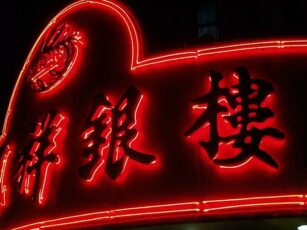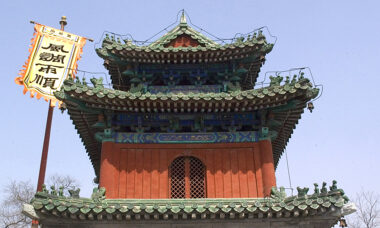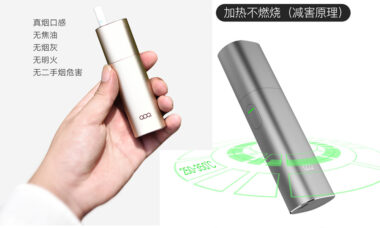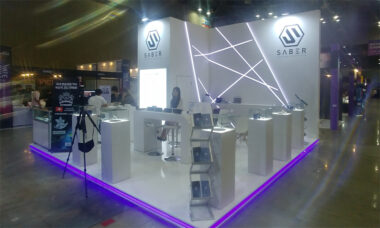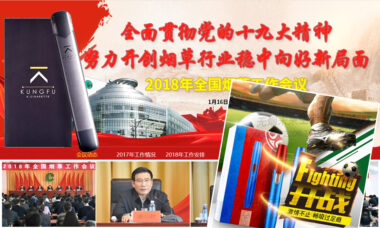
Monopoly rule: China heated tobacco regulatory report
12th August 2019 - Heated tobacco regulatory reports , Regulatory reports |
Heated tobacco products are considered part of the tobacco monopoly in China; it is illegal to sell them unless approved by the tobacco monopoly administration

